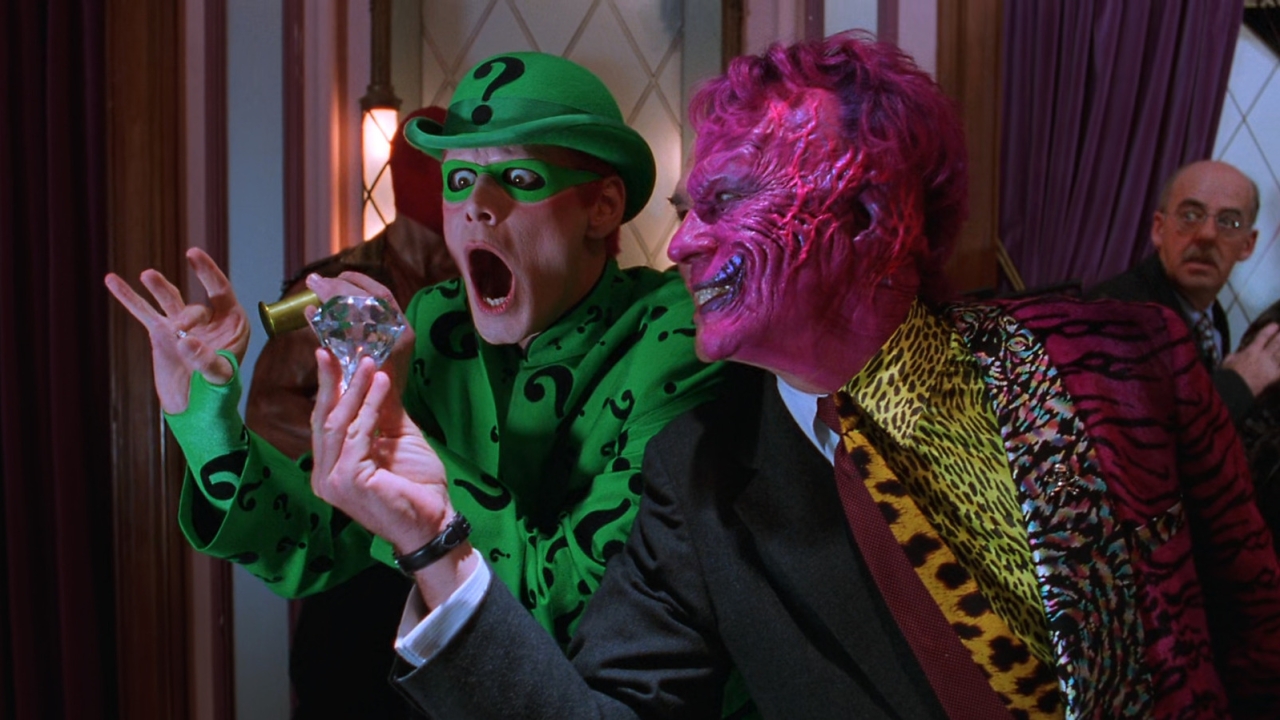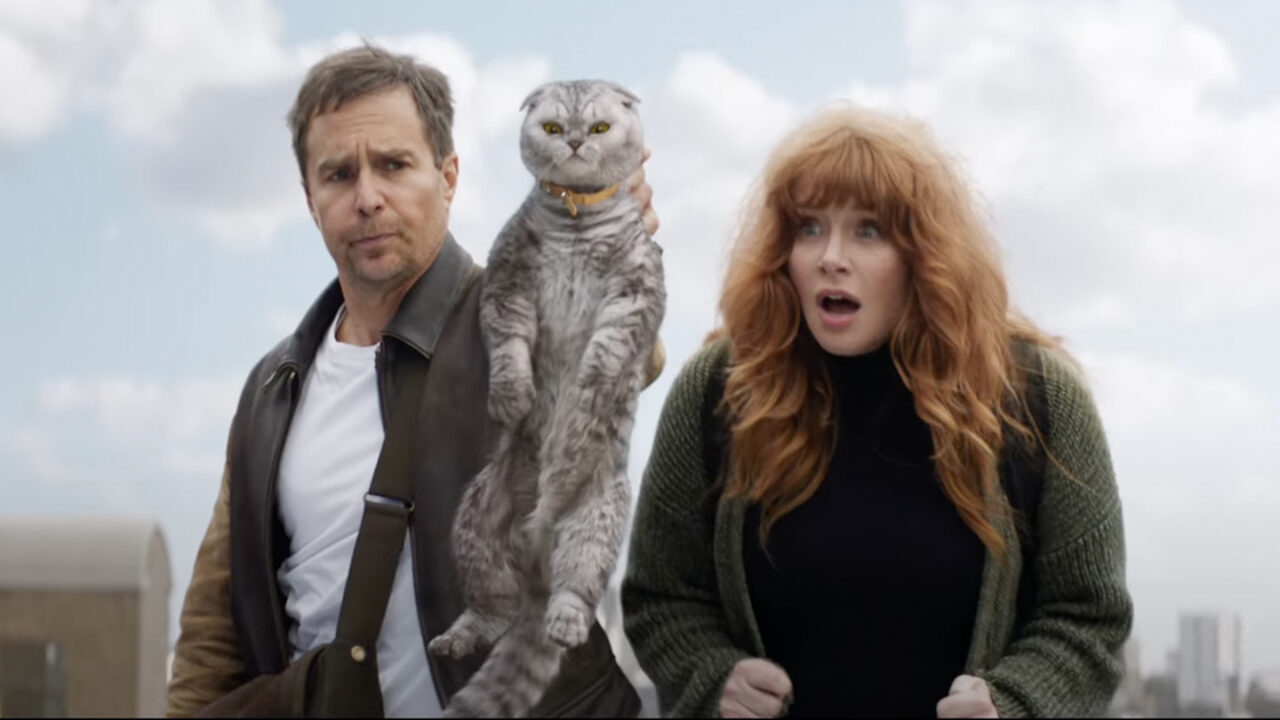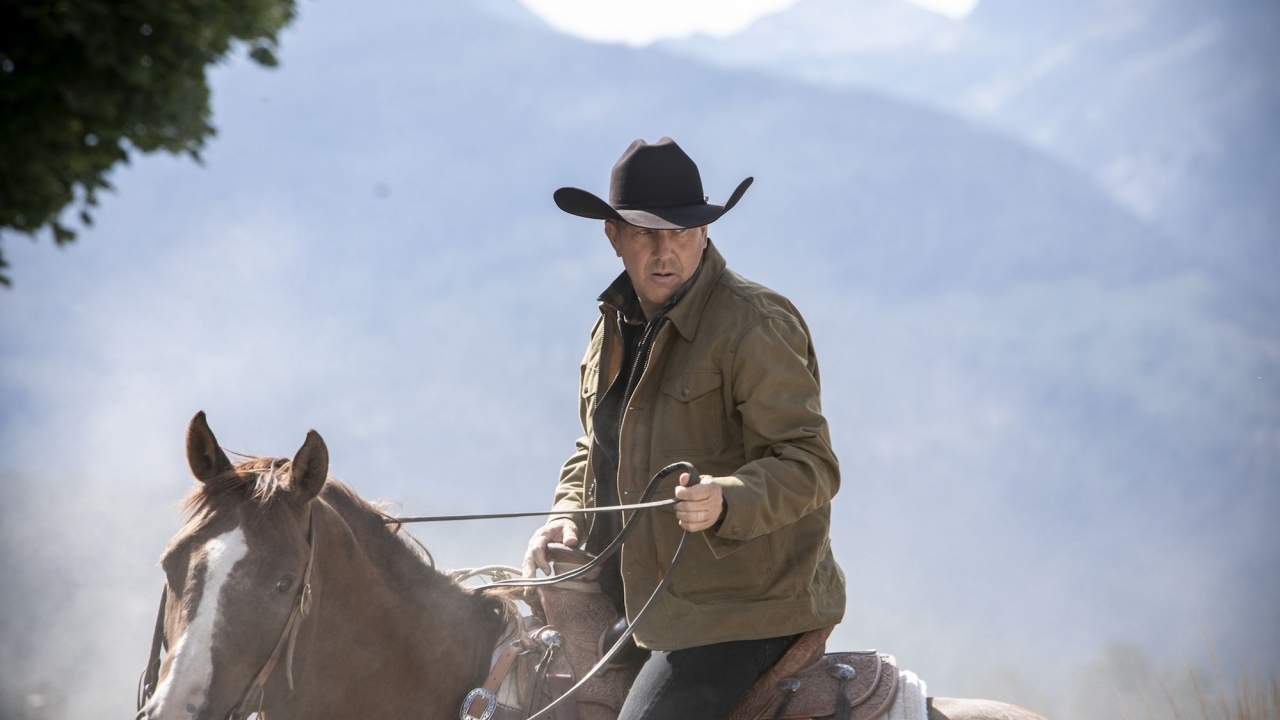nTitle: "The Last Action Heroes: Steven Seagal's Rise and Fall in the Golden Age of Cinema"
News - 27 February 2024
 A recently published book titled The Last Action Heroes delves into the Golden Age of action stars from the 80s and 90s, highlighting the rise and fall of these iconic figures. While most of the actors from that era are portrayed in a positive light, there is one notable exception - Steven Seagal. Known for his martial arts skills and action-packed roles, Seagal has been criticized by colleagues for his arrogance and inflated ego.
A recently published book titled The Last Action Heroes delves into the Golden Age of action stars from the 80s and 90s, highlighting the rise and fall of these iconic figures. While most of the actors from that era are portrayed in a positive light, there is one notable exception - Steven Seagal. Known for his martial arts skills and action-packed roles, Seagal has been criticized by colleagues for his arrogance and inflated ego.nnOne particularly bizarre anecdote from the book, as recounted by author Nick De Semlyen, sheds light on an incident involving Seagal in the spring of 1992. The renowned actors Jack Lemmon and Walter Matthau were in the midst of a script reading for their comedy hit Grumpy Old Men when Seagal barged into the room, loudly demanding that director Donald Petrie vacate the space as he had reserved it for himself. Despite attempts to explain the situation, Seagal reportedly dismissed Petrie's explanation and proceeded to cause a scene.
This display of arrogance and entitlement encapsulates Seagal's inflated sense of self-importance at the time.nnAccording to writer William Osborne, "It was just classic Steven Seagal. In the end, he stomped outside and slammed the door.
He had started to believe in himself way too much because he had scored a few hits." The irony of the situation lies in the fact that Seagal had just achieved success with his film Under Siege, which was considered one of his most successful projects. However, this incident marked a turning point in Seagal's career, as his subsequent ventures failed to replicate the same level of success.
nnDespite his initial triumphs, Seagal's career took a downward trajectory following the incident in 1992. His inflated ego and confrontational attitude alienated many in the industry, leading to a decline in his popularity and the quality of his work. While he may have been a formidable action star in his prime, Seagal's behavior off-screen tarnished his reputation and hindered his ability to secure lucrative roles in Hollywood.
nnIn the years that followed, Seagal's star power dwindled, and he struggled to remain relevant in an industry that prized talent and humility over arrogance and entitlement. His reputation as a difficult and egotistical actor preceded him, making it challenging for him to secure leading roles or collaborations with reputable directors. Despite his early success, Seagal's behavior ultimately overshadowed his accomplishments and left a lasting impact on his career.
nnThe downfall of Steven Seagal serves as a cautionary tale for aspiring actors and filmmakers, highlighting the importance of humility, professionalism, and respect in an industry built on relationships and reputation. While talent and charisma can open doors, it is ultimately one's conduct and behavior that determine long-term success and sustainability in the competitive world of entertainment.nnAs the legacy of the Golden Age of action stars continues to be examined and celebrated, figures like Steven Seagal serve as reminders of the pitfalls of fame and fortune.
While his contributions to the action genre are undeniable, Seagal's fall from grace underscores the volatile nature of Hollywood and the importance of maintaining a level head and a humble demeanor in the face of success.nnDespite his controversial reputation and tumultuous career trajectory, Steven Seagal remains a polarizing figure in the world of entertainment, sparking debates and discussions about the price of fame and the pitfalls of ego. As audiences revisit his iconic roles and reflect on his impact on the action genre, the legacy of Steven Seagal serves as a cautionary tale of the perils of hubris and the fleeting nature of celebrity in an industry defined by its highs and lows.











